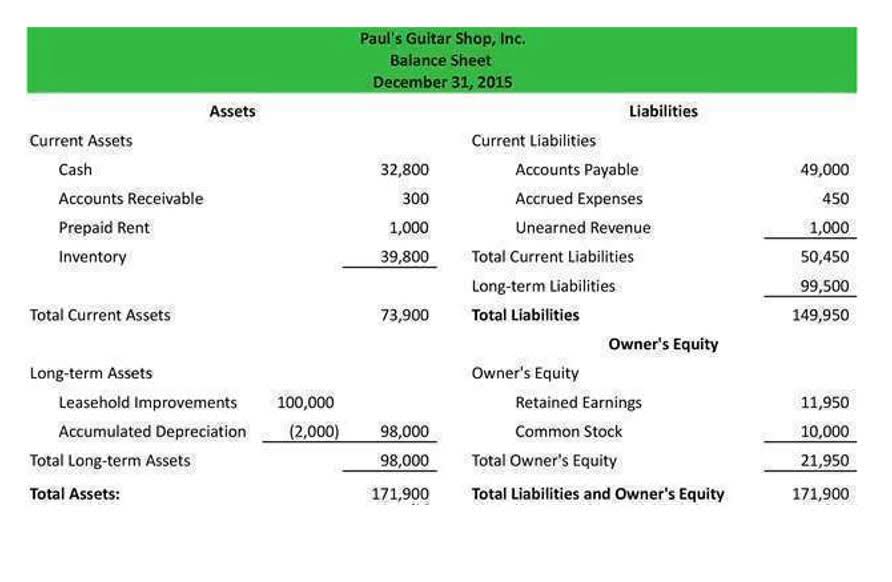
Mishandling funds could also get you into financial trouble with your clients. If they paid you in advance and you didn’t use all the money, they may take legal action if you can’t locate it. Beyond the technical aspects of trust accounting, ethical considerations Trust Accounting for Lawyers play a critical role. This includes promptly notifying clients upon receiving or disbursing their funds, obtaining proper authorization for withdrawals, and never using client funds for the operation of the law firm or for personal purposes.
- (1) Funds reasonably sufficient to pay bank charges may be deposited therein.
- In other words, lawyers must keep a watchful eye on how much each client has in trust, as they can’t use one client’s money to cover expenses for another client.
- After being disappointed by other accounting programs such as Quickbooks and iBank, I was relieved to learn about a new online program designed specifically for trust accounts.
- As fees earned by the lawyer, the money should transfer from the client’s fund to the firm’s operating account.
- But using it with Clio makes it specific to your legal workflows, as Clio provides the legal practice management platforms to run your law business.
- Traditional manual methods of record-keeping and tracking transactions have now given way to sophisticated trust accounting software solutions.
Funds that should never be placed in a client trust account

Trust accounting is the process of tracking and monitoring client funds that are held in trust. These funds must be held until they are used for a specific client’s case, and cannot be accessed any earlier. B. The statute requires the bank or financial institution at which the attorney’s trust account is maintained to report NSF checks on attorney’s trust accounts to the State Bar, regardless of whether the check is honored or not.
The Essential Trust Accounting Guide
- If there are any questions about how debts will be handled, or for a comprehensive review of your estate plan contact an estate planning professional today.
- In order to practice law effectively, you must understand and adhere to the rules of trust accounting.
- With features tailored to the unique needs of law firms, such software streamlines the meticulous process of trust accounting, allowing lawyers to focus more on their clients and less on administrative burdens.
- Reach out to LeanLaw today and discover the best way to manage all your trust accounting and legal accounting needs.
- These include reimbursement claims for Medicaid benefits, unpaid state or federal taxes, and in some cases, environmental damage claims such as oil spills on the decedent’s property.
- This includes understanding the nuances of IOLTA accounts, record-keeping standards, and reporting obligations.
The lawyers and law staff work in LeanLaw while the accounting folks work in QuickBooks. Since QuickBooks Online is the accounting software and the source of truth for the sync with LeanLaw, and since all of the accounts sync continuously and in real-time, you can be assured that the balance you are looking at is THE BALANCE. They produce an unfathomable amount of literature, CLEs, and seminars on trust accounts.
What is the Difference Between a Law Firm’s Operating Account and a Trust Account?

Second, commingling of personal and trust funds makes it much harder to determine if the lawyer has used, or misused, any of the trust funds which were supposed to be held intact. How do I choose the right trust accounting software for my law firm? Choosing the right trust accounting software involves evaluating several https://www.bookstime.com/ key factors, including compliance with legal regulations, ease of integration with existing systems, user-friendliness, and the specific features that support your firm’s unique needs. Look for software that offers detailed record-keeping, automated reconciliation features, and robust reporting capabilities.

Not only that, but proper trust accounting practices are not only essential for legal and ethical reasons, but also for regulatory compliance and professional accountability. Note that the category of “personal funds” includes funds that are used by the law firm itself. Only money that is provided by the client or that is to be paid to the client should go into a trust account. But, for the most part, making sure that every attorney (and the relevant staff member) in your firm knows these terms will make your trust accounting management significantly easier and will help to ensure your compliance is up-to-date and accurate as well. Lawyers spend a good deal of time learning and understanding definitions. And when it comes to legal trust accounting, there are specific terms and concepts that lawyers need to be familiar with in order to navigate this specialized area of accounting.
Ready to see how TrustBooks can solve your firm’s accounting headaches?
Trustbooks has simplified the trust accounting for my firm and I no longer dread doing reconciliations or an audit from the State Bar. I had to have the knowledge and force QuickBooks to do what I believed my state’s bar required of my firm for our trust accounts. Trustbooks is customized specifically to comply with your state bar’s trust accounting rules, so you don’t have to worry about anything.

Leave a Reply
Want to join the discussion?Feel free to contribute!